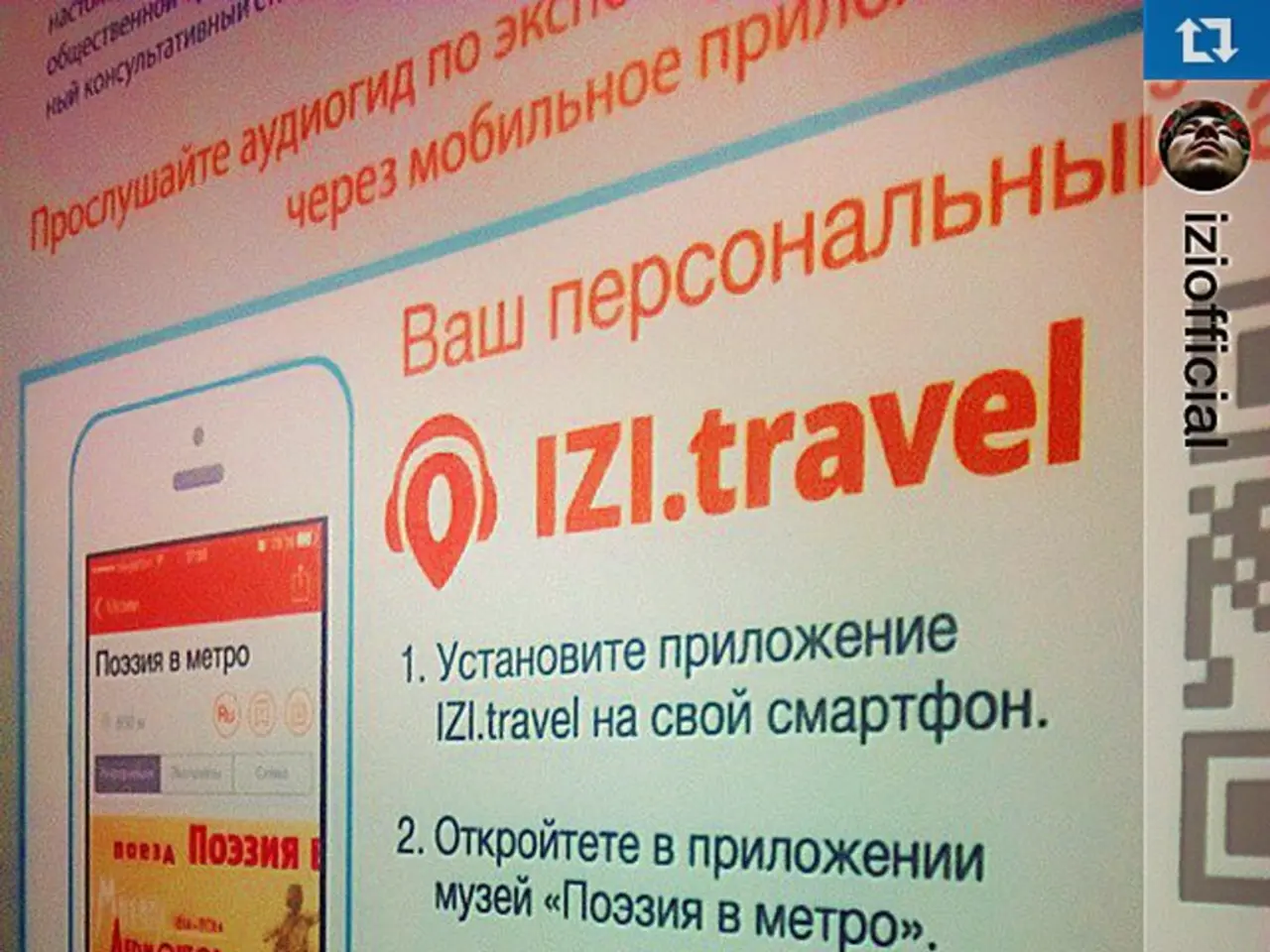Merger of $13.5 Billion between Omnicom and IPG Granted FTC Approval, Incorporates Advertising Placement Condition
The Federal Trade Commission (FTC) has approved the $13.25 billion acquisition of Interpublic Group (IPG) by Omnicom Group, subject to a significant condition aimed at preserving competitive fairness and political neutrality in advertising placements. The condition prevents the merged entity from coordinating or colluding to steer advertising dollars away from media publishers based on their political or ideological viewpoints [1][3].
The FTC's consent order prohibits any agreements, contracts, or concerted actions that discriminate in ad buys based on a publisher's political or ideological stance. This measure is designed to prevent the merged agency from abusing its expanded market power to influence ad placements in a way that could bias political or ideological discourse in the media landscape [3].
The condition arises from antitrust concerns about the potential for large ad holding companies to exert undue influence over which media outlets receive advertising funding. The FTC's move is a preventive measure to avoid outcomes similar to recent controversies, such as the dispute between Elon Musk's X and the World Federation of Advertisers, which involved allegations of viewpoint discrimination in advertising [1][3].
The implications of this condition are far-reaching. Omnicom must maintain a neutral stance in allocating advertising budgets post-merger, ensuring that media outlets are not disfavored or favored on political or ideological grounds. This creates a precedent for regulatory oversight to include viewpoint-based non-discrimination clauses in large industry consolidations impacting media and advertising [3][4].
The merged Omnicom-IPG will file annual compliance reports and preserve relevant documents for five years as per the consent order. Enforcement of the consent order will test whether such behavioral remedies can effectively deter collusion without hampering legitimate, independent brand safety efforts [5].
The U.S. FTC's approval of the merger came with a condition that the merged agency must not coordinate advertising placements based on a publisher's political or ideological viewpoint. The FTC opted for a behavioral remedy rather than a forced divestiture, signaling that even titans of adland must toe the line when it comes to preserving both competition and the free flow of ideas [2].
Clients and publishers will watch closely to see how the "viewpoint non-coordination" rule plays out in practice as the merged entity begins integration planning. The deal creates the largest advertising-holding company in the world at a value of $13.5 billion. However, the merger still awaits clearance in other major markets such as the U.K. and the European Union [2].
The tension between voluntary brand-safety measures and allegations of ideological bias underscores the FTC's rationale for imposing a guardrail on collusion. Many marketers argue that ensuring brand safety often requires avoiding venues where hateful or extremist content appears. This tension highlights the need for clear guidelines and regulations in the industry [6].
In summary, the FTC's condition aims to preserve competitive fairness and political neutrality in ad placements following Omnicom's acquisition of Interpublic Group, balancing corporate consolidation with public interest in unbiased media funding. This condition was a key factor allowing the deal to proceed under antitrust scrutiny in the U.S. and other jurisdictions [1][3].
[1] https://www.reuters.com/business/media-telecom/us-ftc-approves-omnicom-ipg-merger-with-viewpoint-neutrality-condition-2021-09-20/ [2] https://www.adweek.com/agencies/ftc-approves-omnicom-ipg-merger-with-viewpoint-neutrality-condition/ [3] https://www.ftc.gov/news-events/press-releases/2021/09/ftc-approves-omnicom-group-acquisition-interpublic-group-subject-certain [4] https://www.jdsupra.com/legalnews/ftc-approves-omnicom-ipg-merger-with-a-64595/ [5] https://www.adexchanger.com/news/ftc-approves-omnicom-ipg-merger-with-viewpoint-neutrality-condition/ [6] https://www.axios.com/advertisers-are-fleeing-facebook-over-hate-speech-and-misinformation-95d1d846-293f-4d6b-a492-600b3b20c7e5.html
- In the media landscape, the FTC's consent order forbids the merged Omnicom-IPG from making ad buys based on a publisher's political or ideological standpoint, ensuring that finance, business, technology, and sports media outlets receive funding fairly.
- As the merged omnipotent advertising-holding company navigates the integration process, they must maintain a neutral stance in allocating advertising budgets across different sectors, including sports, business, technology, and finance, to prevent any potential bias in media funding.




